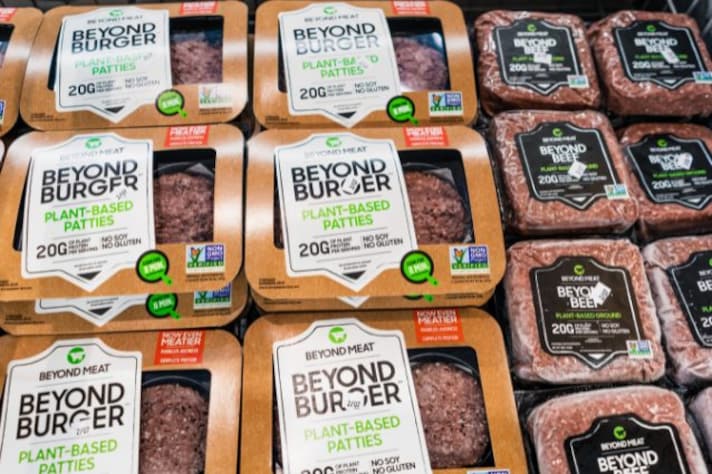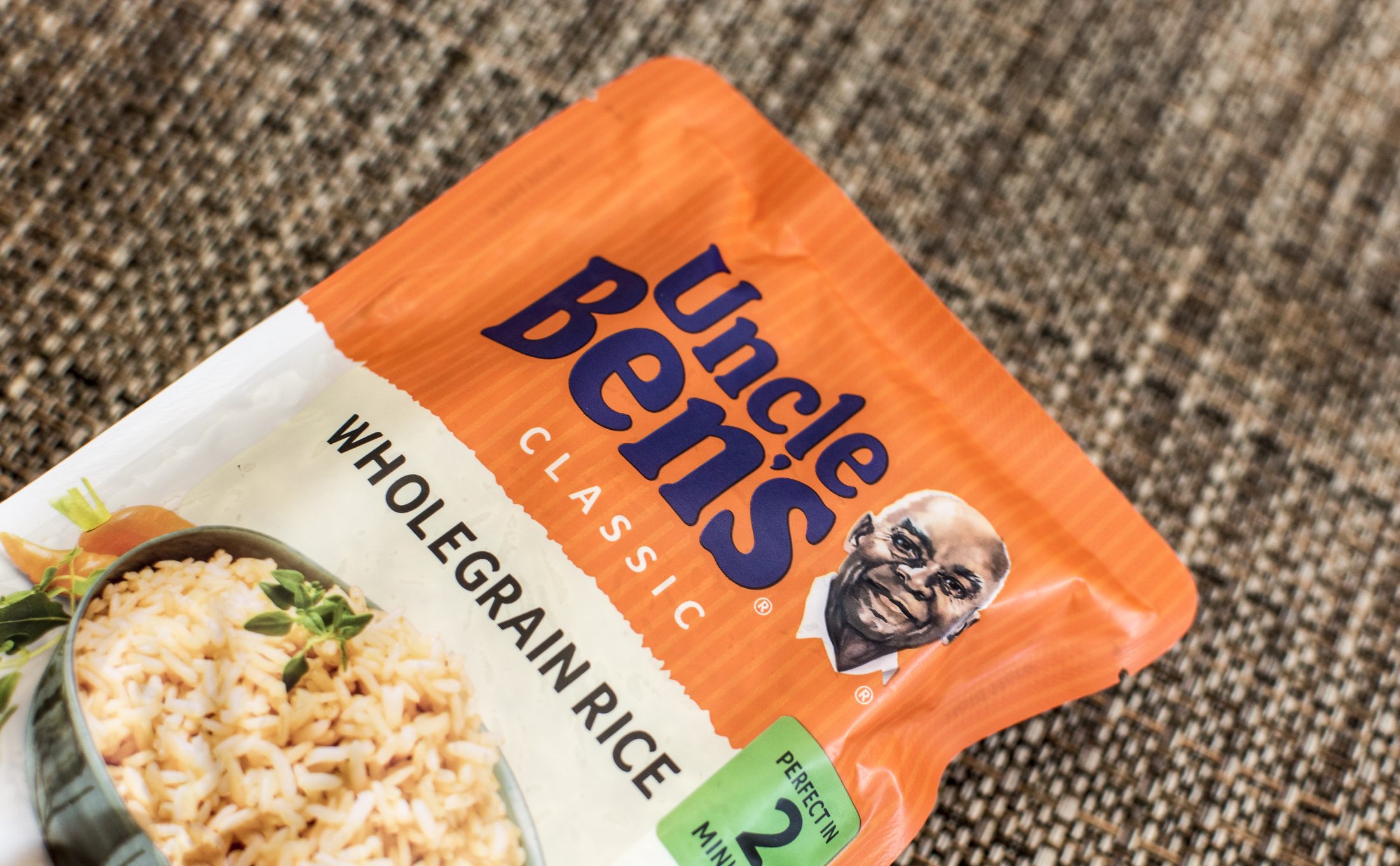Why Are Brand Names for Vegan Products so Weird?
Vegan brand names like "Vrimp" and "Malk" are weird to stand out in a crowded market and to navigate legal restrictions on using terms like "milk" or "meat" for plant-based products. These quirky, pun-filled names make vegan foods more approachable while helping brands stay memorable and compliant with food labeling laws. Weirdness, in this case, is a winning strategy.

If you’ve ever found yourself squinting at a grocery shelf, wondering if you’ve accidentally wandered into a sci-fi novel with products like “Vrimp,” “Malk,” or “Plonts,” you’re not alone. These oddly named vegan products have become a mainstay in the plant-based market, prompting many to ask: why are vegan brand names so weird? From playful puns to legal necessities, there are several factors behind these curious choices.
Vegan Brand Names Need to Stand Out
One reason vegan brand names often sound like something out of a children’s book is because the plant-based market has exploded in recent years. With more and more companies entering the fray, brands need to stand out on the shelves. A name like "Oatley" or "Vrimp" doesn’t just identify the product—it grabs attention. The more outlandish the name, the more likely it is to stick in consumers' minds.
In a sea of soy, oat, and almond-based everything, "Mylk" does more than just hint at what’s inside the carton. It also gives brands a personality—one that’s approachable, playful, and a little tongue-in-cheek. After all, veganism is often seen as a serious lifestyle choice, but these names inject a bit of fun, making plant-based eating more appealing to a broader audience. It's marketing 101 with a sprinkle of absurdity.
Why “Milk” Can’t Always Be Called Milk
Aside from standing out, there are legal reasons behind some of these unusual names. In many countries, regulatory bodies have strict rules about what can and can’t be labeled as “milk,” “cheese,” or even “meat.” For instance, in the European Union and parts of the U.S., terms like “milk” are legally reserved for dairy products, while plant-based alternatives must use other descriptors. Hence, you get "Mylk" or "Malk"—close enough to convey the idea but different enough to avoid lawsuits.

These rules were designed to prevent consumer confusion, but they've led to a creative workaround for vegan brands. Instead of fighting the system, they’ve leaned into it, coining terms that sound familiar but are technically distinct. It’s a clever way to toe the legal line without compromising on brand identity.
The Humor Factor
Beyond legal constraints and market competition, vegan brands have turned to humor and wordplay to create names that spark curiosity. “Plonts” for a plant-based product? It’s an intentional riff on our linguistic expectations, blending real words with made-up ones to create something both familiar and novel. It’s this playful manipulation of language that gives these brands their quirky charm.
Wordplay isn’t just about being funny, though—it’s also a strategic tool to make vegan products seem less intimidating. For people who may be hesitant about trying something plant-based, a goofy name can be disarming. Instead of “Vegan Nut-Based Alternative to Parmesan,” a name like “Parme-Zaan” feels approachable and even inviting. After all, who doesn’t like a good pun with their pasta?
There was a time when veganism was niche, and plant-based products were treated as lesser versions of the "real thing." In those days, vegan products might have stuck closely to imitative names in an attempt to blend in with traditional foods. Now, with veganism more mainstream than ever, these brands have the confidence to break free from imitating their animal-based counterparts and create something all their own.

The Balance Between Weird and Not Too Weird
Of course, there’s a fine line between being playful and being downright confusing. While brands want to stand out, they don’t want to alienate potential customers by making their products seem too strange or inaccessible. That’s why you won’t see vegan brands going too wild with their names—there’s a careful balancing act in play. A name like “Vrimp” might be odd, but it still gives a pretty clear indication of what the product is (a vegan shrimp alternative). It’s weird enough to be memorable, but not so out there that shoppers have no idea what they’re buying.
In fact, the key to these strange names’ success is often rooted in how they tap into our existing knowledge of food while giving it a plant-based twist. When you see “Malk,” you know it’s a milk alternative, and when “Vrimp” pops up, it’s obvious you’re looking at a vegan shrimp. These names walk the tightrope between creativity and clarity, allowing brands to be bold without losing their audience.
;Resize,width=767;)

;Resize,width=712;)
;Resize,width=712;)
